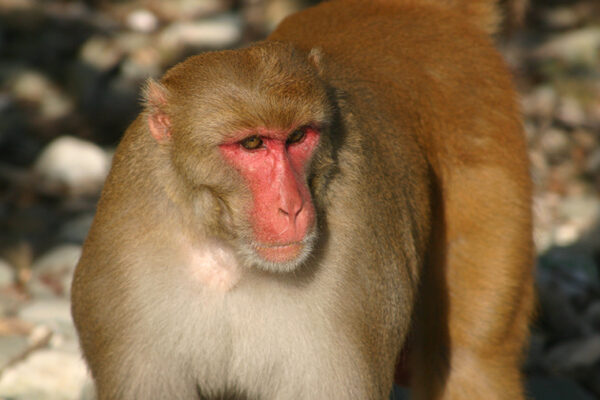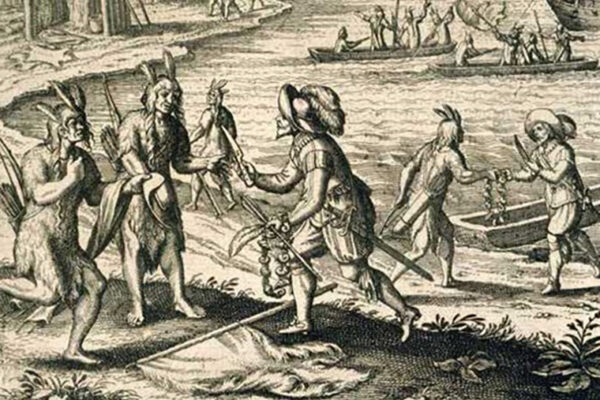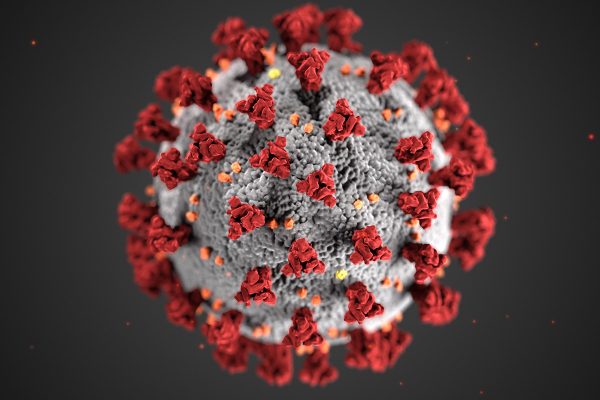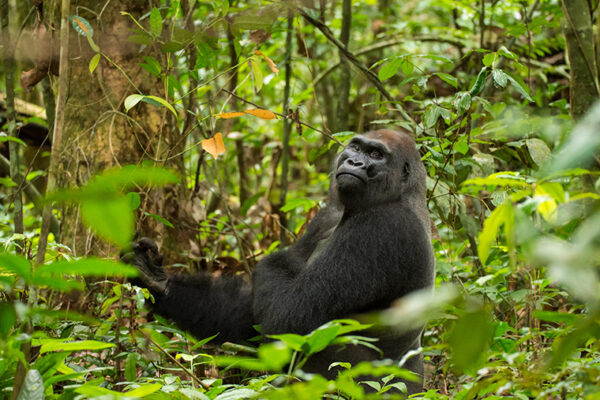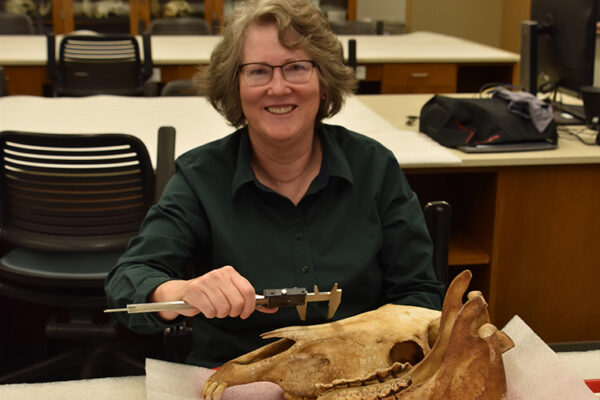Local cooking preferences drove acceptance of new crop staples in prehistoric China
Cereal grains — including wheat, rice, barley and millet — are the most important food sources in the world today. Focusing on the ancient history of staple cereals in China, archaeologist Xinyi Liu in Arts & Sciences at Washington University in St. Louis shows how the timing of the translocation of novel food crops reflects a range of choices that communities made — sometimes driven by ecological pressure and sometimes by social conditions or ‘culinary conservatism.’
Fritz wins book award for ‘Feeding Cahokia’
The Society for Economic Botany awarded Gayle J. Fritz, professor emerita of anthropology in Arts & Sciences, its 2020 Mary W. Klinger Book Award for “Feeding Cahokia.” The book emphasizes the importance of native crops that were domesticated by America’s first farmers long before corn became a staple food in what is now the U.S. Midwest.
COVID-19 human milk studies should continue without stopping breastfeeding, researchers say
It is not easy to conduct human milk research during a pandemic. Yet despite the consistent lack of quality evidence for transmission of viral RNA from breast milk, some leaders are pushing ahead by altering public health and clinical practice guidance, according to E.A. Quinn, associate professor of biological anthropology in Arts & Sciences at Washington University in St. Louis.
Lester’s book on eating disorders wins Victor Turner Prize
Rebecca J. Lester, professor of sociocultural anthropology in Arts & Sciences at Washington University in St. Louis, won a 2020 Victor Turner Prize in Ethnographic Writing for her book, “Famished: Eating Disorders and Failed Care in America.”
Monkeying around: Study finds older primates father far fewer babies
Older male rhesus monkeys sire fewer offspring. Sperm quality or quantity, or the survival of infants, may decline with the age of the would-be father, a new study from biological anthropologist Krista Milich in Arts & Sciences suggests.
Rewriting history: New evidence challenges Euro-centric narrative of early colonization
New research from Washington University in St. Louis provides evidence that Indigenous people continued to live in southeastern U.S. and actively resist European influence for nearly 150 years after the arrival of Spanish explorers in the 1500s.
Five lessons from HIV to guide COVID-19 approach
Over the years, the global HIV response has provided the modern medical community with valuable experience about responding to outbreaks and preventing the spread of the disease. These lessons should inform our approach to COVID-19 — especially in lower-income and Black communities, according to Shanti Parikh, associate professor of anthropology in Arts & Sciences at Washington University in St. Louis.
Students tackle anthropology of COVID-19
Undergraduates in the class “Anthropology of Infectious Diseases” in Arts & Sciences presented their findings during a remote symposium held April 22. The event was the last gathering for students in a course that became far more consequential than anyone could have predicted.
Close encounters in the forest: western lowland gorillas
New research led by anthropologists at Washington University in St. Louis shows that encounters between gorilla groups were much more frequent, and that they had more varied social exchanges than expected. The effort is part of a long-term collaboration with the Congolese government and Wildlife Conservation Society that is changing perspectives on gorilla behavior, ecology and health.
Marshall elected to American Academy of Arts and Sciences
Anthropologist Fiona Marshall in Arts & Sciences was elected a member of the American Academy of Arts and Sciences on April 23.
View More Stories




